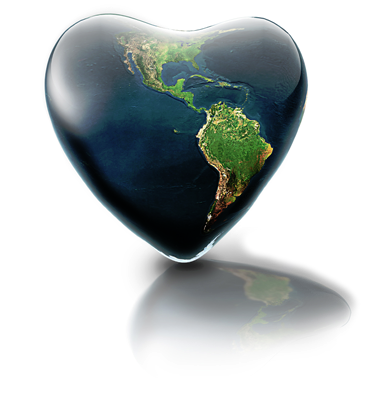
Comments by Bill Cumming
Before you buy or go to the library and borrow this book (and I suggest you do so as soon as possible), or read the rest of this article, I recommend you prepare yourself for a straight forward, devastating, nauseating, brutal picture of war. Of the fifty conflicts that rage in the world today, as you read these words, it is estimated that there are 300,000 (three hundred thousand) child soldiers. At thirteen, fourteen at most, this was the life of Ishmael Beah:
The sun showed flashes of the tips of guns and bullets traveling toward us. Bodies had begun to pile on top of each other near a short palm tree, where fronds drip blood. I searched for Josiah. An RPG had tossed his tiny body off the ground and he had landed on a tree stump. He wiggled his legs as his cry gradually came to an end. There was blood everywhere. It seemed as if bullets were falling into the forest from all angles. I crawled to Josiah and looked into his eyes. There were tears in them and his lips were shaking, but he could not speak. As I watched him, the water in his eyes was replaced with blood that quickly turned his brown eyes into red. He reached for my shoulder as if he wanted to hold it and pull himself up. But midway, he stopped moving. The gunshots faded in my head, and it was as if my heart had stopped and the whole world had come to a standstill. I covered his eyes with my fingers and pulled him from the tree stump. His backbone had been shattered. I placed him flat on the ground and picked up my gun. I did not realize that I had stood up to take Josiah off the tree stump. I felt something tugging at my foot. It was the corporal; he was saying something I couldn’t understand. His mouth moved and he looked terrified. He pulled me down, and as I hit the ground, I felt my brain shaking in my skull again and the deafness disappeared. “Get down,” he was screaming. “Shoot,” he said, as he crawled away from me to resume his position. As I looked to where he lay, my eyes caught Musa, whose head was covered in blood. His hands looked too relaxed. I turned toward the swamp, where there were gunmen running, trying to cross over. My face, my hands, my shirt and gun were covered with blood. I raised my gun and pulled the trigger, and I killed a man. Suddenly, as if someone was shooting them inside my brain, all the massacres I had seen since I was touched by war began to flash in my head. Every time I stopped shooting to change magazines and saw my two young lifeless friends, I angrily pointed my gun into the swamp and killed more people. I shot everything that moved, until we were ordered to retreat because we needed another strategy.
At sixteen, Ishmael, was removed from battle by UNICEF and through work at a rehabilitation center, he learned how to forgive himself and others, regain his humanity and to heal. He moved to the United States in 1998 and completed high school at the United National International School. In 2004, Ishmael graduated from Oberlin College. He is a member of the Human Right Watch Children’s Division Advisory Committee. He has spoken before the following: The United Nations, many times; The Council on Foreign Relations; the Center for Emerging Threats and Opportunities (CETO); at the Marine Corps Warfighting Laboratory; and, many non-government organizations.
What does this story say about the capacities, which reside within all of us?
What makes Ishmael different from the shooter in Cleveland or those in Columbine?
If he can regain health, who cannot?
Is this a bad boy?
Or, is this a child, caught in a web of damage and unwellness?
What are the implications of this book for us in everything we do in schools and every aspect of our loves?

